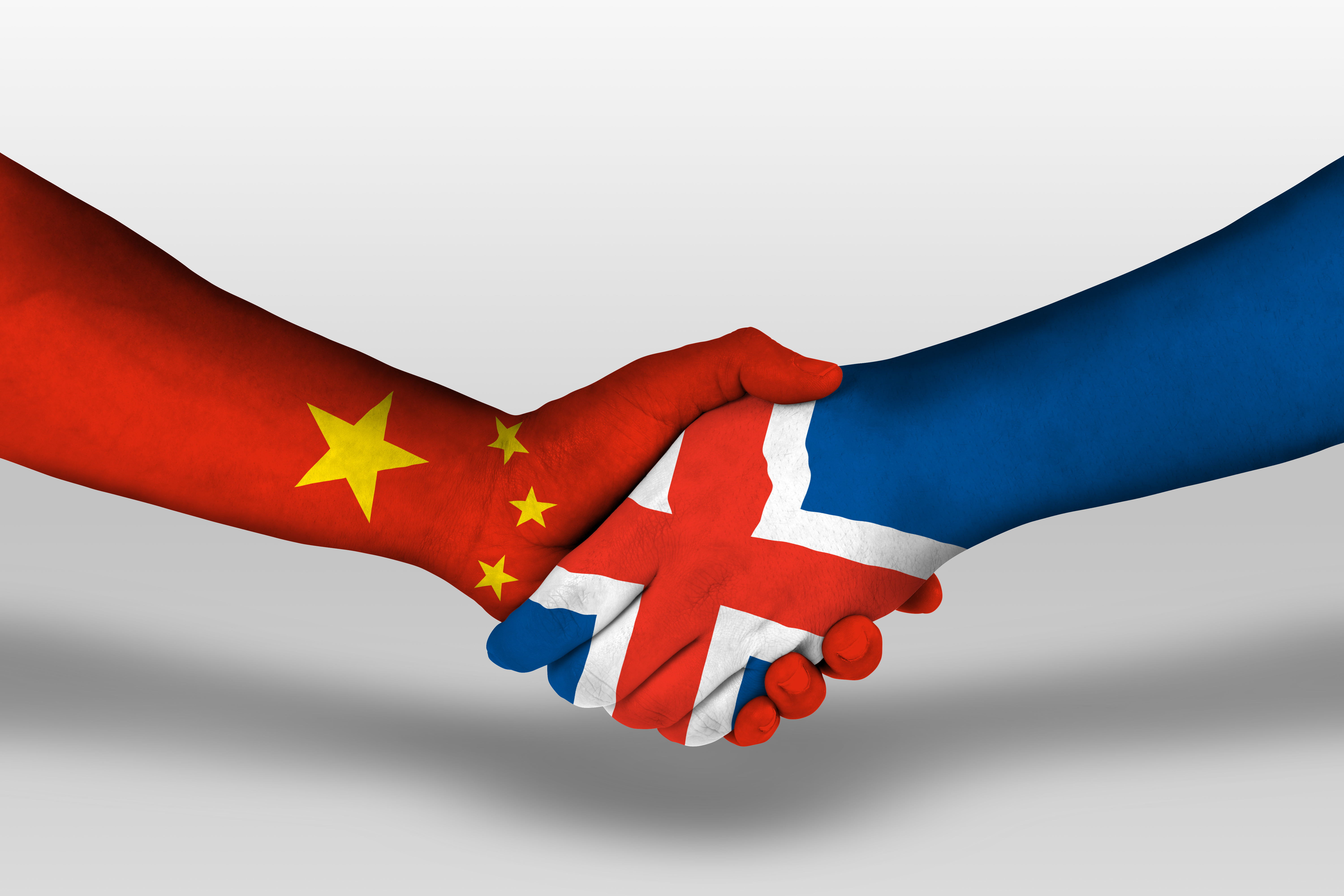In 2013, Iceland concluded a trade-deal with the People’s Republic of China, making it one of the very rare European nations that has formed a trade agreement with the Asian superpower.
The Land of Fire and Ice
Iceland, a remote island located in the Northern Atlantic Ocean, has a population of 300,000. With an area of about 40,000 square miles, Iceland is comparable to the size of England. Due to its exports of seafood and refined aluminum, and the fact that the small island has very low energy costs, Iceland is one of the most productive countries in the world. In fact, Iceland produces almost all of its energy through geothermal and hydropower, making it largely independent of energy imports.
After Iceland was hit by the 2008 financial crisis, the government vowed to diversify the local economy.

Iceland is not a member of the European Union, despite having signed agreements which give it the same rights and obligations as a member state (with a notable exemption from the EU’s Common fisheries policy) and being out of the bloc when it comes to concluding trade agreements.
After Iceland was hit by the 2008 financial crisis, the government vowed to diversify the local economy by looking beyond the European continent when it comes to trade. After signing the agreement, Chinese Prime Minister Li Keqiang said: “It also signals the deepening of our relationship, especially our economic relationship which has been lifted to a new height.”
The import-export relationship between the two countries is mostly related to fishery: Iceland exports fish and imports ships.
However, melting ice in the Arctic is providing opportunities to export resources such as oil, gas, iron, and gold and might explain better why the Chinese show increased interest in a remote European island.
Trade Between EU and China (or Lack Thereof)
Whoever believes that trade relations between the EU and China have been blocked by the Chinese, is mistaken. In fact, Beijing has already called for free trade deals with the European Union, however, the EU’s objections stand in the way of a successful trade negotiation. Many in the union are over-protective about social and environmental standards: something that China has managed to capitalize on.







